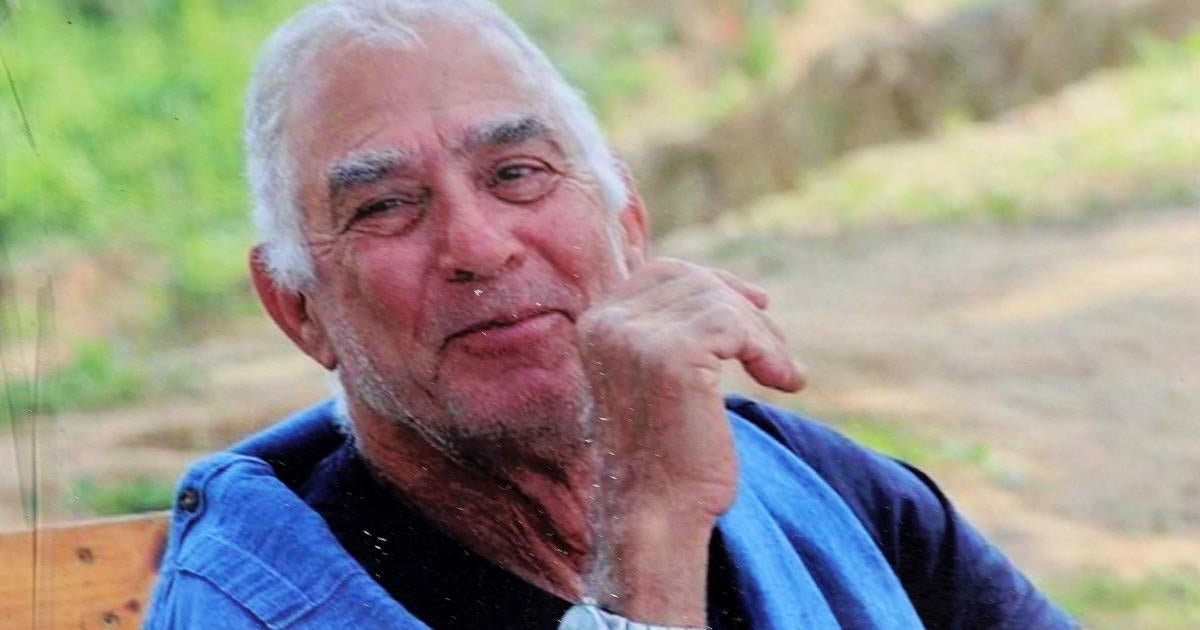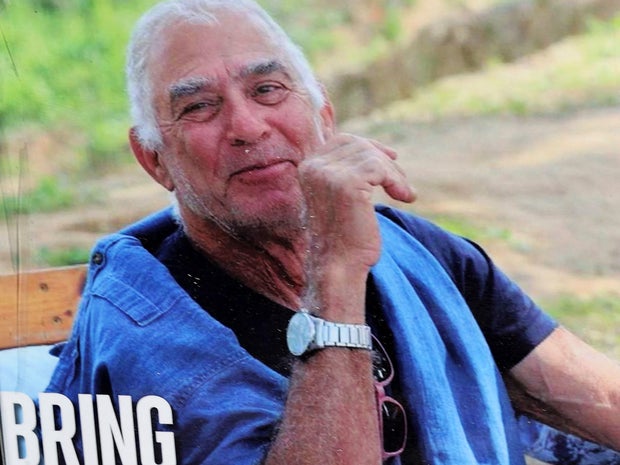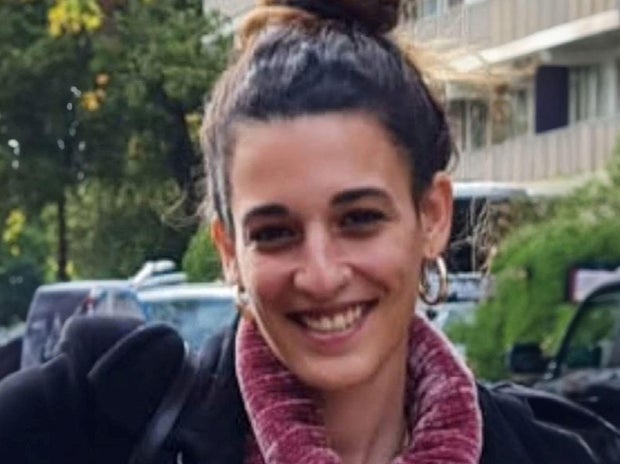Hamas will release three Israelis, including two women and an 80-year-old man, as well as five Thai nationals during the next hostage release, slated for Thursday, officials from Israel and Hamas said.
The officials named the Israeli women as Arbel Yehoud, 29, Agam Berger, 19, and the man as Gadi Moses, 80. The officials, who spoke to The Associated Press on Wednesday on condition of anonymity because they were not authorized to speak to the media, said the hostages’ families had approved the publication of their names.
AFP via Getty Images
The identities of the Thai nationals were not immediately known. A number of foreign workers were taken captive along with dozens of Israeli civilians and soldiers during Hamas’ Oct. 7, 2023, attack that set off the war in Gaza.
There are 89 hostages — both living and dead — still in Gaza, according to Israeli officials, including seven dual U.S. nationals: Keith Siegel, 65, from Chapel Hill, North Carolina; Sagui Dekel-Chen, 35, who grew up in Bloomfield, Connecticut; and Edan Alexander, 19, from Tenafly, New Jersey. Four other Americans are believed to have been killed. It remains unclear when any of the Americans might be released.
Thursday’s expected release will keep up the momentum of the fragile ceasefire between Israel and the militant Hamas group that began earlier this month and which paused the 15-monthlong war in Gaza. As part of the deal, Hamas is releasing hostages in phases in exchange for freedom for hundreds of Palestinian prisoners held by Israel.
President Trump’s Mideast envoy, Steve Witkoff, was in Israel on Wednesday and met with Israeli Prime Minister Benjamin Netanyahu, who heads to Washington next week to meet with Mr. Trump — the first foreign leader to meet the president in his second term in office.
Thursday’s release wasn’t originally scheduled but came as a result of a standoff between Israel and Hamas over the identities of the hostages released over the weekend.
Israel had demanded that Yehoud, a civilian, be part of that group and when she wasn’t freed, Israel held up the movement of hundreds of thousands of Palestinians looking to return to what is left of their homes in the war-battered north of Gaza.
Courtesy of Bring Them Home Now/Handout via Reuters
International mediation efforts brought about the additional release on Thursday and cleared the way for Palestinians to stream north. Another release is slated for Saturday, which Netanyahu’s office said would free male hostages. Dozens of Palestinian prisoners being held in Israeli jails are set to be freed both Thursday and Saturday.
The pause in fighting has exposed the vastness of the destruction caused to the urban landscape in Gaza, prompting a suggestion from Mr. Trump over the weekend that neighboring Jordan and Egypt take in displaced Palestinians.
Earlier Wednesday, Egypt, an important U.S. ally, rejected Mr. Trump’s suggestion.
The idea has long been rejected by the two countries and the Palestinians themselves because they say it would undermine the notion of Palestinian statehood and foment instability in their states.
Mr. Trump on Saturday said he would urge Egypt and Jordan to accept people from Gaza so that “we just clean out that whole thing,” calling the territory “a demolition site.”
Mr. Trump said he would urge the leaders of both countries, which are key allies to the U.S. in the Middle East and major recipients of American aid in the region, to accept the idea, saying the resettlement could be temporary or long term.
It is not clear if Mr. Trump could force Egypt or Jordan to agree, but he has in his first days in office and on the campaign threatened hefty tariffs against American allies to get his way.
In his first public comments since Mr. Trump floated the suggestion Saturday, Egyptian President Abdel Fattah el-Sissi called the idea “an injustice” which Egypt would not be party to.
In a news conference in Cairo with the visiting Kenyan president, el-Sissi said the transfer of Palestinians “can’t ever be tolerated or allowed.”
“The solution to this issue is the two-state solution. It is the establishment of a Palestinian state,” he said. “The solution is not to remove the Palestinian people from their place.”
He said his government would work with the Trump administration to achieve peace “that is based on the two-state solution” between Israel and the Palestinians.
The war in Gaza has killed more than 47,000 Palestinians, most of them women and children according to Gaza’s Hamas-run Health Ministry, which does not distinguish between civilians and combatants in their count. The fighting has obliterated vast areas of Gaza, displacing some 90% of its 2.3 million population, often multiple times.
During its 2023 attack on Israel that started the war, Hamas took 250 people hostage and killed roughly 1,200.
The theme of displacement has been recurrent in Palestinian history and the idea of staying steadfast on one’s land is an integral element of the Palestinian identity. Palestinians fear that if they leave their land, they may never be allowed to return.
Those fears have been compounded by far-right members of Israel’s government who support rebuilding Jewish settlements in Gaza, from which Israel withdrew troops and settlers from in 2005. Netanyahu says that idea is unrealistic.
Egypt and Jordan have each made peace with Israel but support the creation of a Palestinian state in the occupied West Bank, Gaza and east Jerusalem. They fear that the permanent displacement of Gaza’s population could make that impossible.
Egypt and Jordan receive billions of dollars in American aid each year. Military assistance to Egypt and Israel was exempted from a U.S. funding freeze to global aid programs.


